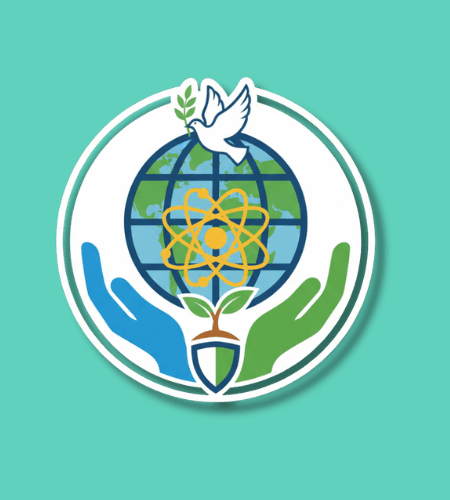The World Science Day for Peace and Development, observed annually on November 10, recognises the essential role of science in society, and highlights its contribution to peace, sustainable development and the well-being of humanity.
Table of Contents
History of World Science Day for Peace and Development
The idea for the Day traces back to the World Conference on Science (Budapest 1999), which emphasised the need to link science and society. In 2001, the UNESCO General Conference officially proclaimed the Day, and the first global celebration took place on 10 November 2002.
Why is World Science Day for Peace and Development important?
Science not only expands human knowledge, but it plays a critical role in addressing global challenges—such as climate change, pandemics, resource scarcity and conflicts—that affect peace and development. The Day helps raise public awareness of how science can contribute to a safer, healthier and more equitable world.
Furthermore, it underscores the need for international scientific cooperation, open access to knowledge, and ensuring that scientific benefits reach everywhere and everyone—so that no part of society is left behind.
- It draws attention to how science supports sustainable societies.
- It promotes solidarity among nations through shared scientific endeavour.
- It renews commitments to use science for social benefit.
- It highlights the challenges science faces (funding, accessibility, ethical issues).
- It invites broad public engagement in scientific conversations.
How to Observe World Science Day for Peace and Development
Since this day centres on education, dialogue and action rather than celebration, it’s appropriate to observe it—by learning about science’s role in society, engaging in discussions, and supporting initiatives that link science to peace and development.
- Attend or host an event, webinar or talk about how science contributes to peace and sustainable development.
- Share on social media a scientific fact, innovation or project that supports societal well-being—use hashtags like #WorldScienceDay or #ScienceForPeaceAndDevelopment.
- Explore local science centres, museums or libraries and view exhibits that show how science addresses global issues.
- Encourage young people in your community to explore careers in science and think about how their work can impact society.
- Support open access to scientific knowledge—share articles, promote understanding of the scientific process or volunteer for science-communication efforts.
World Science Day for Peace and Development Dates Table
| Year | Date | Day |
|---|---|---|
| 2026 | November 10 | Tuesday |
| 2027 | November 10 | Wednesday |
| 2028 | November 10 | Friday |
| 2029 | November 10 | Saturday |
| 2030 | November 10 | Sunday |
Subscribe to our newsletter and never miss a holiday again!

